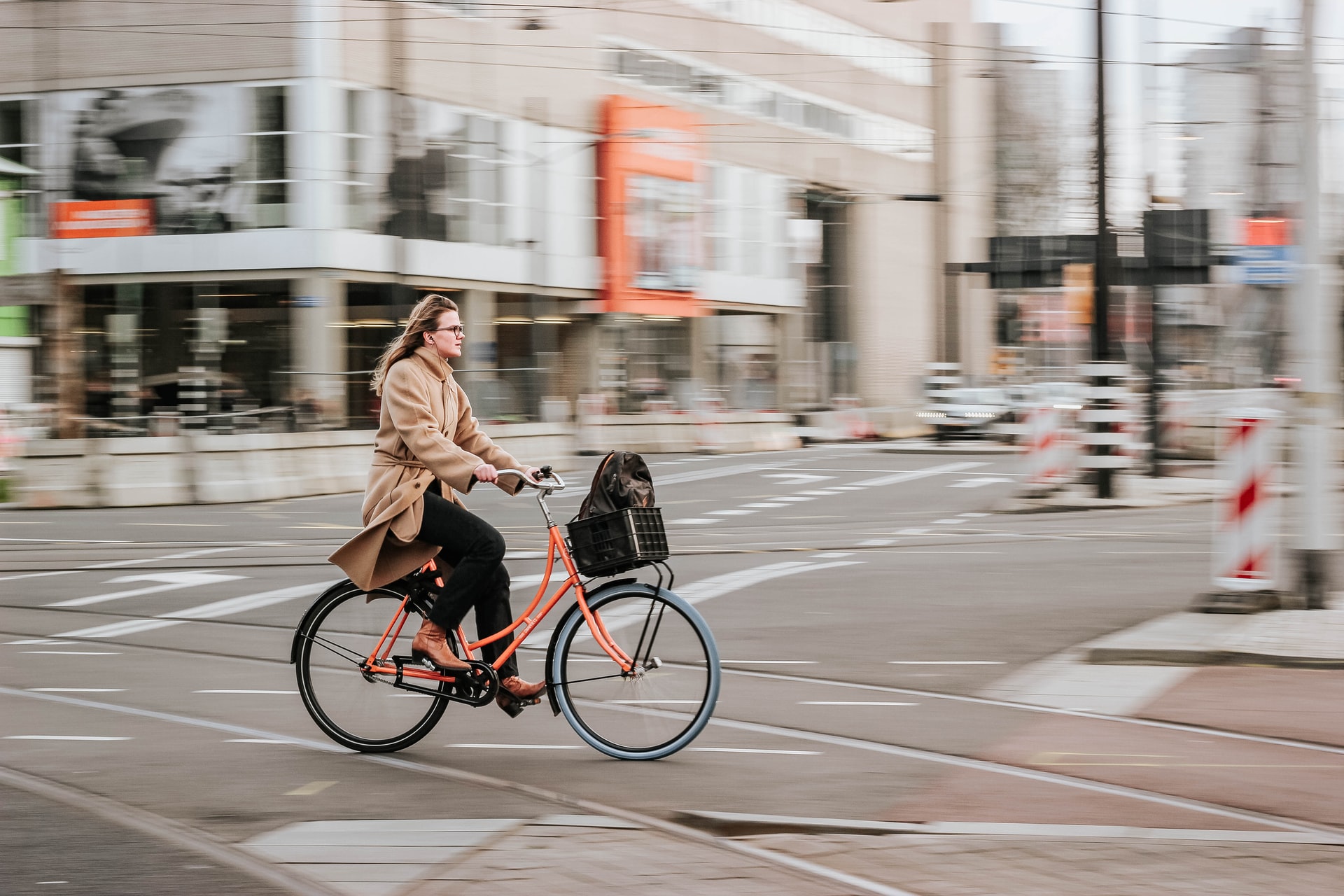Ayahuasca and public health II: health status in a large sample of ayahuasca-ceremony participants in the Netherlands
Authors:
Maja Kohek, Genís Oña, Michiel van Elk, Rafael Guimarães dos Santos, Jaime E. C. Hallak, Miguel Ángel Alcázar-Córcoles, and José Carlos Bouso.
Journal:
Journal of Psychoactive Drugs
Year:
2022
About the study
The aim of this paper was to evaluate the health risks of regular participation in ayahuasca ceremonies in the Netherlands. The authors assessed the coping strategies and values of the respondents to determine how they deal with stressful situations and evaluate the performance of valued life activities, respectively.
These health indicators offer relevant information about the impact of long-term exposure to ayahuasca on public health and the overall health status of the participants, generating relevant scientific data that can be used to develop evidence-based policies.
The results suggest a good safety and tolerability profile of ayahuasca, low risk for abuse, and potential benefits for the individual’s health, particularly if used in a controlled ceremonial setting.
Abstract
Ayahuasca is a plant decoction in traditional Amazonian medicine. Its ritual use has been internationalized, leading to policy challenges that countries should address. This study evaluates the impact of regular ayahuasca ceremony participation on health by assessing the health status of 377 participants in ayahuasca ceremonies in the Netherlands using validated health indicators. A questionnaire was developed and administered to study participants. The questionnaire included several health indicators with public health relevance (e.g., BMI, diet, physical activity) and psychometrically validated questionnaires (ELS and COPE-easy). The data retrieved through health indicators was compared to normative Dutch data. Participants (50.1% women) were mostly Dutch (84.6%) with a mean age of 48.8 years (SD = 11.6). Compared to normative Dutch data, regular participants in ayahuasca ceremonies showed better general well-being, fewer chronic or lifestyle-related diseases, more physical activity, and a more balanced diet. Participants also used less alcohol during the COVID-19 pandemic, and although they used more illegal drugs than the general population, they did not report associated harms. Our findings suggest that regular participation in ayahuasca ceremonies is not linked to relevant health harms. This data could help drug policymakers to develop and implement evidence-based public policies.
Photo by micheile dot com on Unsplash.
Categories:
Studies & papers
, Ayahuasca
Tags:
scientific research
, study
, drug policy
, psychoactive plants
, COVID-19
, public health
, health indicators

